Speakers
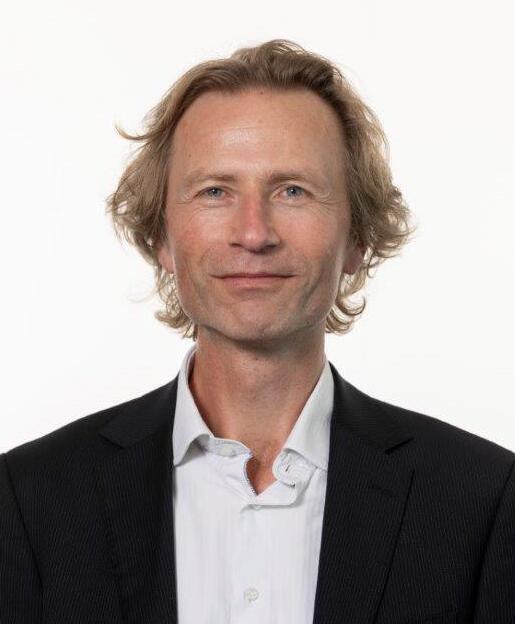
Herbert Bos
Professor, Computer Science at Vrije Universiteit Amsterdam, Netherlands
Herbert Bos is full professor at Vrije Universiteit Amsterdam where he co-leads the VUSec Systems Security group. His research interests include OS design, microarchitectural attacks and defenses, fuzzing, memory safety, automated exploitation and patching. He is very proud of his current and former students whose research results have led to five PWNIE Awards as well as changes in all major operating systems, browsers and CPUs (mostly making them slower). He is a member of the Electoral Council and the Cyber Security Council in the Netherlands. He worries about climate change, threats to democracy, and our near-total dependence on technology that is inherently insecure.

Jo Van Bulck
Professor, DistriNet Lab at KU Leuven, Belgium
Talk : The Dark Side of Privilege – Understanding and Mitigating Software-Based Side Channels on Trusted Execution Environments
About the speaker
Jo Van Bulck is a professor in the DistriNet lab at the Department of Computer Science of KU Leuven, Belgium. His research explores attacks and defenses at the hardware-software boundary, with particular attention to privileged side channels in trusted execution environments. Jo’s research has uncovered several innovative attack vectors in commodity Intel x86 processors that have led to microcode and silicon mitigations in hardware, as well as software patches in major operating systems and compilers.
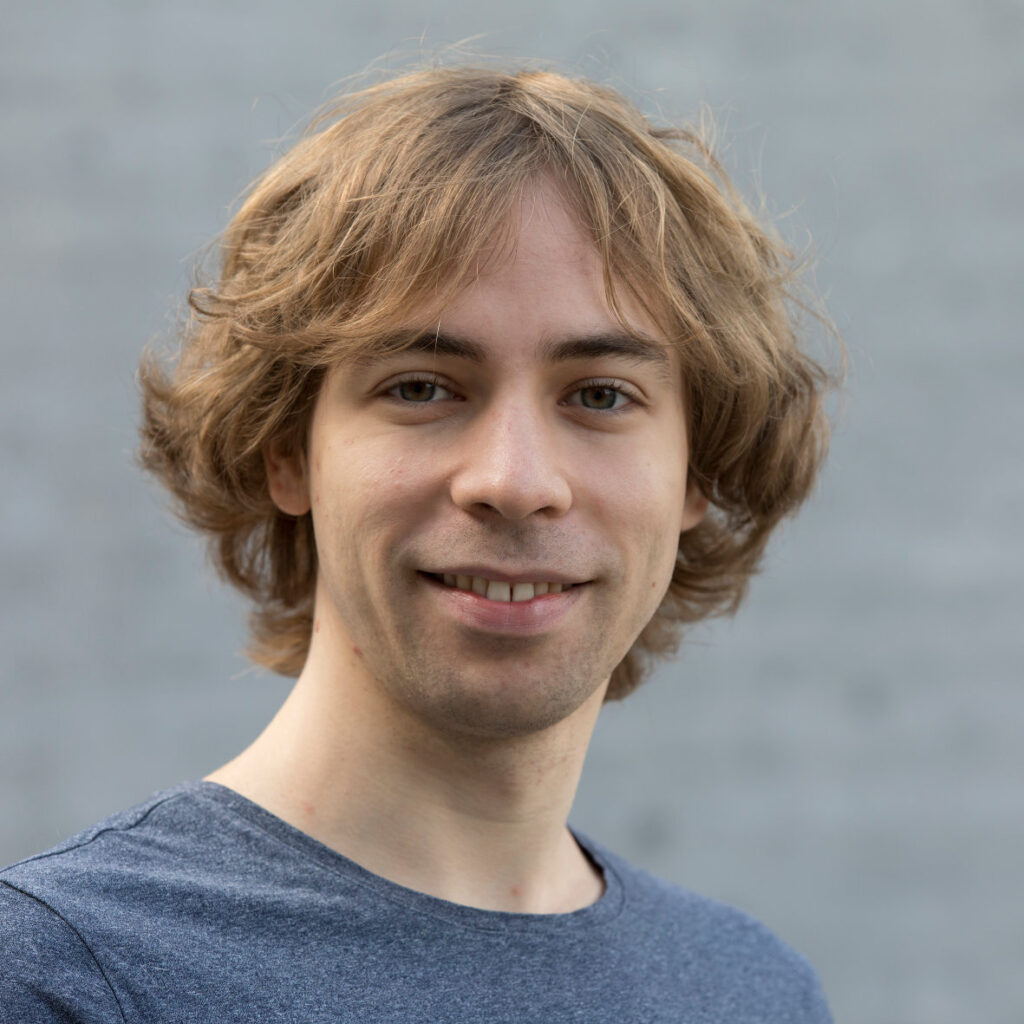
Daniel Gruss
Professor, Computer Science at Graz University of Technology
Daniel Gruss is a university professor in the Secure Systems group (Team Gruss/CoreSec) at the Graz University of Technology, Institute of Applied Information Processing and Communications. His research focuses on software-based microarchitectural attacks and operating system features. He teaches undergraduate courses including Operating Systems, System-Level Programming, Information Security, and Introduction to Scientific Working, and, together with his PhD students, graduate courses such as Side Channel Security, Secure Software Development, and Cloud Operating Systems.
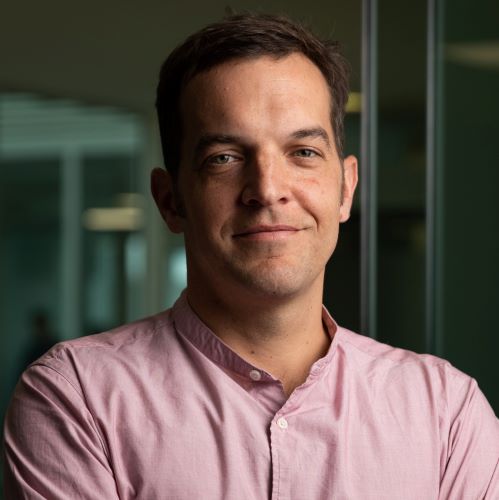
Boris Köpf
Principal Researcher at Azure Research, Cambridge, UK
Talk : Information-flow tracking at the hardware-software interface
Speculative execution attacks such as Spectre and Meltdown exploit microarchitectural optimizations to leak information across security domains. In this lecture, we will study speculative execution attacks through the lens of Formal Methods. We will start with a tutorial on the basics of information-flow analysis and use these concepts to augment the hardware-software contract to account for speculative leaks. We will then discuss how to use such contracts to detect unknown leaks in software and hardware (the basis for the session on Revizor), and how to build secure systems by composition.
About the speaker
Boris Köpf is a scientist at Azure Research (formerly the Confidential Computing group at Microsoft Research), where he works on techniques for tracking information flow in microarchitectures and machine learning systems. Before joining Microsoft in November 2018, he was a tenured faculty member at the IMDEA Software Institute, a postdoctoral researcher at the Max Planck Institute for Software Systems, and completed his Ph.D. at ETH Zurich.

Moritz Lipp
Security Researcher at AWS
Moritz Lipp is a security researcher specializing in microarchitectural attacks. He earned his PhD in August 2021 from Graz University of Technology, with a dissertation entitled “Exploiting Microarchitectural Optimizations from Software.” He is the founder of pwmt.org, an open-source community dedicated to developing functional and minimalist applications and libraries. His research interests include microarchitectural side-channel attacks, and he is also passionate about apiculture.
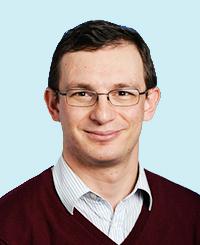
Onur Mutlu
Professor, Computer Science at ETH Zurich, Switzerland
Onur Mutlu is a Professor of Computer Science at ETH Zurich, affiliated with both the Department of Information Technology and Electrical Engineering and the Department of Computer Science. He also holds adjunct positions in Electrical and Computer Engineering at Carnegie Mellon University—where he previously held the Dr. William D. and Nancy W. Strecker Early Career Professorship—and in Computer Engineering at Bilkent University.
His research lies at the intersection of computer architecture, systems, security, and bioinformatics. It bridges applications, system software, compilers, and hardware, with a focus on high performance, energy efficiency, hardware security, fault tolerance, and dependable, predictable computing. He is particularly interested in fundamentally secure and efficient computing, communication, and memory/storage paradigms, especially as applied to emerging technologies and biomedical applications. He is also passionate about systems design for bioinformatics and biologically inspired computing.
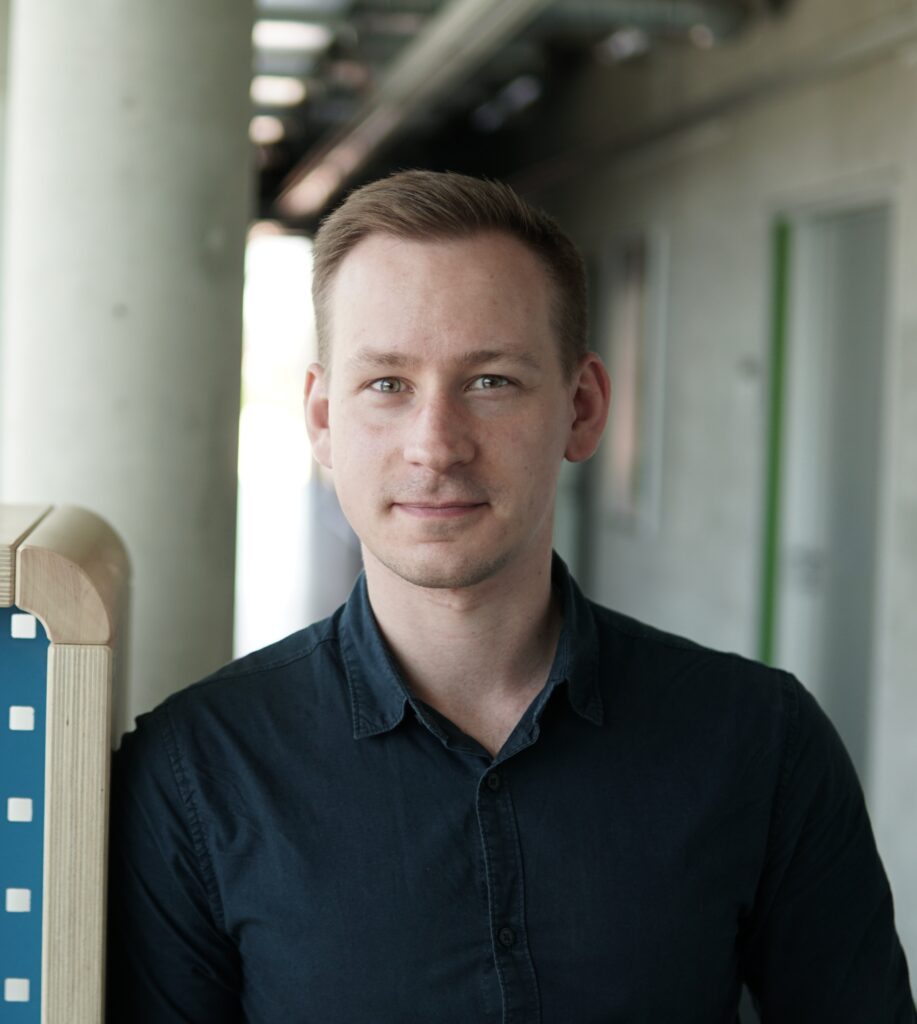
Oleksii Oleksenko
Senior Researcher at Azure Research, Cambridge, UK
Talk : Revizor as a Platform for Side Channel Testing
This session will demonstrate how to use Revizor to systematically test commercial CPUs for microarchitectural security vulnerabilities. Participants will learn to how to configure Revizor for detection of previously unknown microarchitectural leaks, how to execute a fuzzing campaign, and how to analyse results to identify root causes. Through practical examples on real hardware, attendees will gain experience with hardware-software contract testing and vulnerability triage techniques for speculative information leaks.
About the speaker
Oleksii is a senior researcher at Azure Research, Microsoft in Cambridge, UK. His main focus is on microarchitectural/side-channel vulnerabilities, such as Spectre and Meltdown. He develops specs to describe them, builds tools that detect them, and develops mitigations against these vulnerabilities, across multiple layers of the computing stack
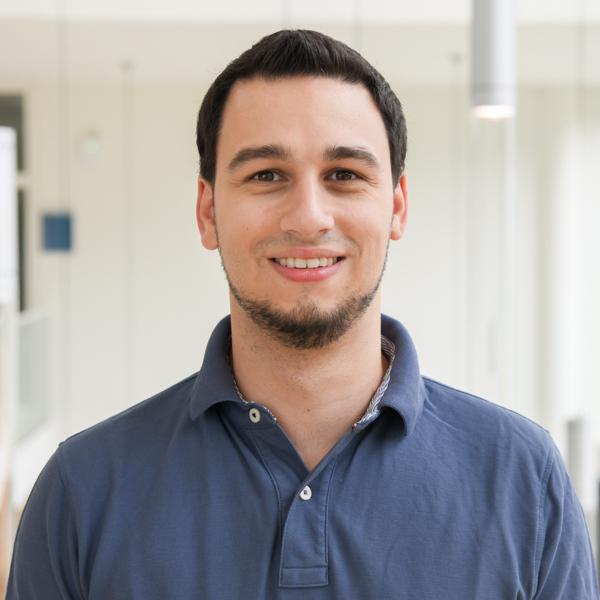
Michael Schwarz
Senior Researcher, CISPA Helmholtz Center for Information Security, Germany
Dr. Michael Schwarz is tenured faculty at CISPA with a focus on microarchitectural side-channel attacks and system security. He obtained his PhD with the title “Software-based Side-Channel Attacks and Defenses in Restricted Environments” in 2019 from Graz University of Technology (advised by Daniel Gruss). He holds two master’s degrees, one in computer science and one in software engineering with a strong focus on security. Michael is a regular speaker at both academic and hacker conferences (7 times Black Hat, CCC, Blue Hat, etc.). He was part of one of the research teams that found the Meltdown, Spectre, Fallout, and LVI vulnerabilities, as well as the ZombieLoad vulnerability. He was also part of the KAISER patch, the basis for Meltdown countermeasures now deployed in every modern operating system under names such as KPTI or KVA Shadow.
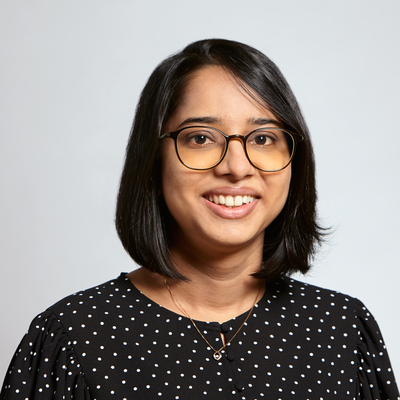
Shweta Shinde
Assistant Professor, Computer Science at ETH Zurich, Switzerland
Shweta Shinde is an assistant professor in the Department of Computer Science at ETH Zurich, where she leads the Secure & Trustworthy Systems (SECTRS) research group. She is a member of both the Institute of Information Security and the Zurich Information Security and Privacy Center (ZISC).
Her research focuses on the intersection of trusted computing, system security, and program analysis. Together with her group, she explores both the theoretical foundations and practical implementations of security, aiming to protect systems ranging from mobile phones and servers to specialized accelerators by designing and building secure, large-scale systems.

Francois Xavier Standaert
Research Director (FNRS-F.R.S), Professor at UCLouvain, Belgium
François-Xavier Standaert is a professor at UCLouvain and research director at the Belgian Fund for Scientific Research (FNRS-F.R.S.). He received his PhD in Electrical Engineering from UCLouvain in 2004. He was a Fulbright visiting researcher at Columbia University and MIT in 2004–2005, and a founding member of IntoPix s.a. in 2006. His research focuses on cryptographic hardware, embedded systems, and physical security, including side-channel and fault attacks. He has received multiple European Research Council (ERC) grants—Starting (2011), Consolidator (2016), and Advanced (2023)—and was elevated to IACR Fellow in 2024.
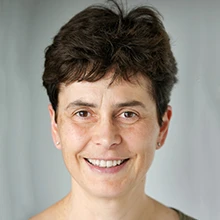
Ingrid Verbauwhede
Professor, COSIC Research Group at KU Leuven, Belgium
Talk: Practical Memory Aliasing Attacks on Trusted Execution Environments – Co-presented with Jesse De Meulemeester
Trusted Execution Environments (TEEs) such as AMD SEV-SNP, Intel SGX, and Intel TDX are critical to securing sensitive data in cloud computing, promising protections even against hardware attackers. However, recent scalable designs have loosened the robustness of their memory encryption to support larger protected memory sizes. These reduced guarantees necessitate strong access control to prevent vulnerabilities stemming from the static encryption. Our research has shown that an incorrect memory controller configuration could bypass these checks, re-enabling these attacks.
In this talk, we will present BadRAM, a novel attack that exploits the memory initialization by modifying the Serial Presence Detect (SPD) chip in common DDR4 and DDR5 memory modules. Using a low-cost, practical setup, we show how the memory controller can be tricked into creating ghost memory regions that alias with protected ranges. We then demonstrate how this memory aliasing can bypass TEE protections, leading to critical vulnerabilities in AMD SEV-SNP, including the ability to corrupt or replay ciphertext, and even fully compromise their attestation feature.
We will also explore the broader impact of memory aliasing on other TEEs, including write-pattern leakage in classical SGX and the robust countermeasures deployed by Scalable SGX and TDX. Finally, we will discuss mitigations, such as alias checking and the adoption of cryptographically strong memory protection, and compare the currentmitigations in SEV-SNP, Scalable SGX, and TDX. In this talk, we will
highlight the critical need for robust defenses against physical and software-level attacks on DRAM, as well as reevaluate trust assumptions in scalable TEE designs.
About the speaker
Dr. Ingrid Verbauwhede is a professor in the COSIC research group at the Department of Electrical Engineering, KU Leuven, where she leads the embedded systems and hardware team. She is also an adjunct professor at UCLA’s Department of Electrical Engineering. She joined KU Leuven in 2003 and UCLA in 1998, following earlier roles at UC Berkeley, TCSI, and Atmel Lab. She is a Fellow of the IEEE, a member of the IACR, and was elected to the Royal Flemish Academy of Belgium for Science and the Arts in 2011. In 2016, she received a European Research Council (ERC) Advanced Grant. A pioneer in the secure and efficient design of cryptographic algorithms for embedded systems, Dr. Verbauwhede has contributed extensively to hardware and software co-design for symmetric, public key, and post-quantum cryptography. Her work spans ASICs, FPGAs, and embedded software, with a focus on side-channel resistance, secure random number generation, physically unclonable functions, and attack-resistant circuit design.
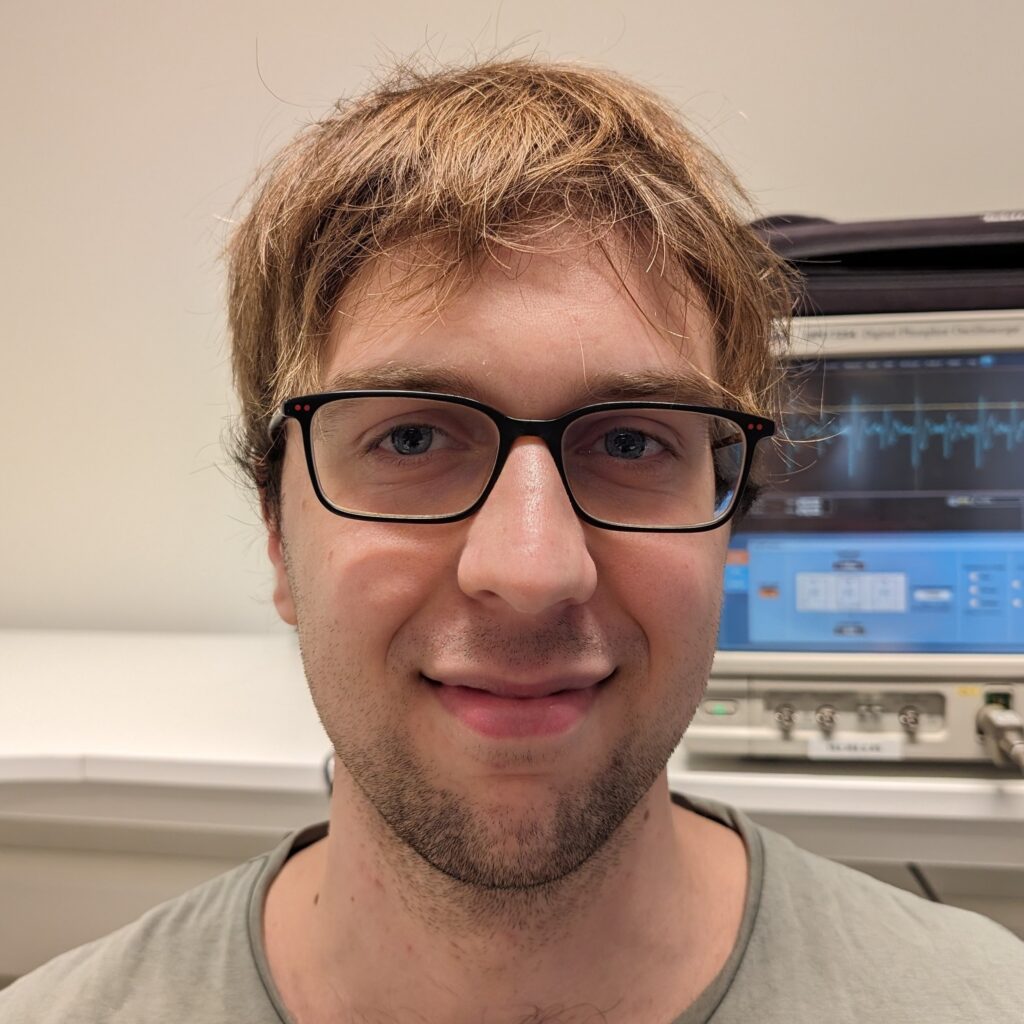
Jesse De Meulemeester
PhD candidate, COSIC Research Group at KU Leuven, Belgium
Talk: Practical Memory Aliasing Attacks on Trusted Execution Environments – Co-presented with Ingrid Verbauwhede
About the speaker
Jesse De Meulemeester is a PhD candidate at the COSIC research group, where he is part of the hardware security division, supervised by Professor Ingrid Verbauwhede. His main interests are physical attacks and defenses on high-end systems. His research focuses on the intersection of physical and micro-architectural attacks. He is supported by an FWO fellowship, evaluating the security of modern devices, and contributing to secure open-source and open-specification hardware and software for next-generation devices.
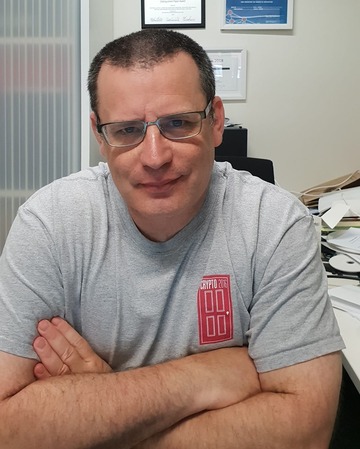
Yuval Yarom
Professor, Computer Science at Ruhr University Bochum (RUB), Germany
From April 2023, he has been a Professor of Computer Science at Ruhr University Bochum (RUB). Before joining RUB, he was an Associate Professor at the School of Computer and Mathematical Sciences at the University of Adelaide. He earned his Ph.D. in Computer Science from the University of Adelaide in 2014, and his M.Sc. in Computer Science and B.Sc. in Mathematics and Computer Science from the Hebrew University of Jerusalem in 1993 and 1990, respectively. In between, he served as the Vice President of Research at Memco Software and was a co-founder and Chief Technology Officer of Girafa.com.
His research explores the security of the interface between software and hardware. In particular, he is interested in the discrepancy between the way programmers perceive software execution and its actual execution in modern processors. His work focuses on identifying micro-architectural vulnerabilities, as well as developing exploitation and mitigation techniques.